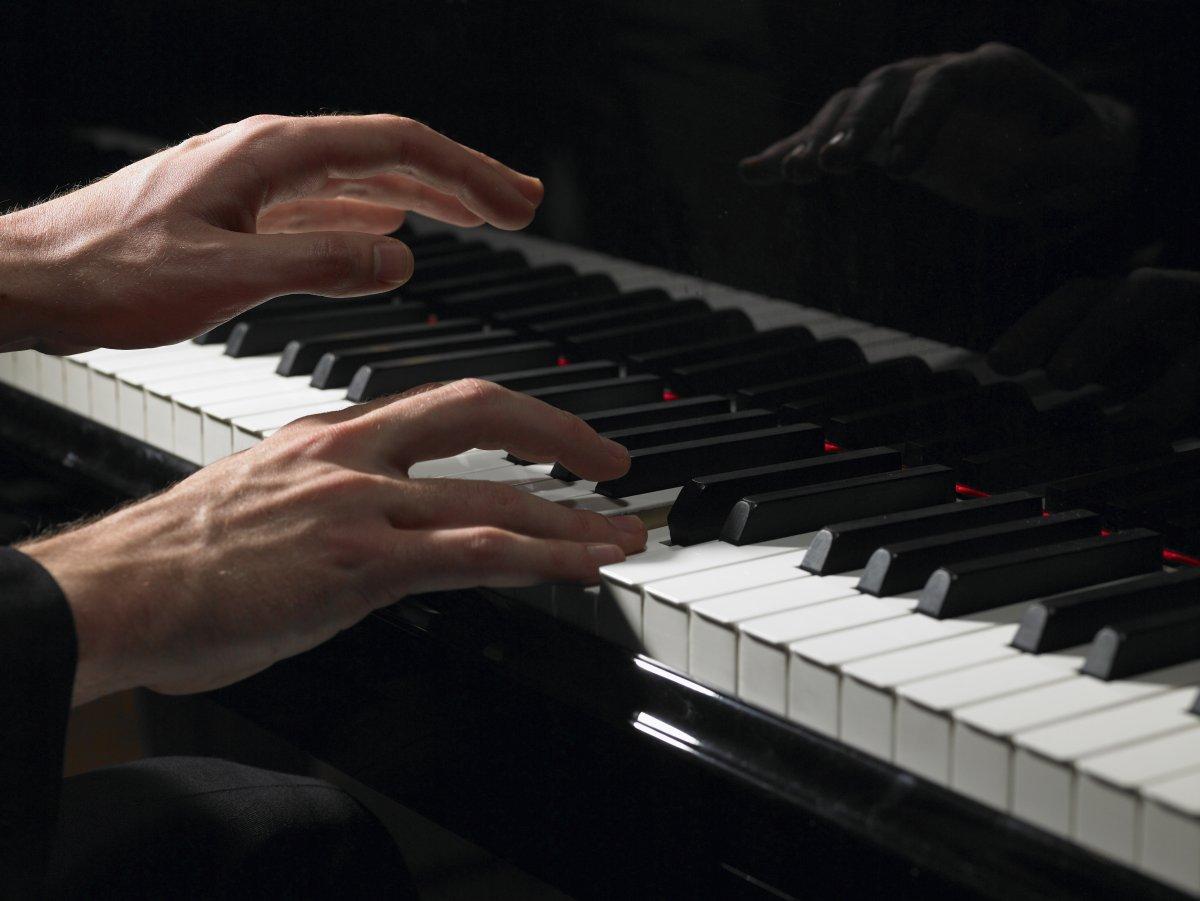Are you getting ready for a piano level test? You’re not alone. From grade school to college and beyond, many of us need to take piano level tests.
Whether it’s for a class or for your own personal progress, there are certain steps you can take to ensure success on the big day. Here is a timeline of what you should do leading up to your piano level test – get ready to rock out!
How Many Levels Are There in Piano?
Learning piano is a deep and rewarding passion for many music enthusiasts. However, it can also be confusing to know where to start:
- Piano is divided into 10 levels, from Level 1 – 10.
- Each test level demands increasing musical knowledge, technique, skill and understanding.
- This can seem daunting at first and many find that taking piano lessons helps them understand the different piano testing levels better so they can tackle them more efficiently.
- As a piano student progresses from one piano level to the next, new kinds of music become accessible, allowing the musician to experience something completely new and challenging which always leads to growth.
Ready to ace your piano test – regardless of which piano test levels you’re prepping for? It’s time to sign up for piano lessons!
Your piano instructor will be able to give you detailed, step-by-step guidance on how to perform at your absolute best during the exam. Sign up for piano lessons today and you’ll reap all the benefits of piano lessons, including what you see in the video below:
https://www.youtube.com/watch?v=pIKE8Jm39Gk
What Are the Levels of Piano Exams?
If you’re a beginner at playing the piano, you may be asking yourself how many levels there are in piano and what is the best way to progress. The truth is that when it comes to learning piano, there is no single right answer; everyone will have their own individual approach.
That being said, this guide will provide an overview of the different piano test levels 1-10, so that you can get an idea of where you stand and what level you should aim for.
Level 1
Pian is the most basic level and generally involves students learning simple scales and chords. In the piano level 1 test, beginners will be familiarizing themselves with the instrument and its components as well as learning basic finger techniques.
Level 2
This level requires more practice as students start to learn more complex songs and complete exercises such as arpeggios or sight-reading. Here students need good coordination between both hands in order to play correctly.
Level 3
This level is considered intermediate and introduces more technical elements such as improvisation or composition techniques to develop creativity and musicality. In the piano level 3 test, students must also become accustomed to reading music notation in order to progress further.
Level 4-7
These are advanced levels which hone a student’s skills on all aspects of playing including technique, improvisation, composition, and sight-reading while introducing advanced classical pieces into their repertoire. These levels require a great amount of practice in order for students to reach their full potential on the instrument.
Level 8-10
The highest level of all! Students who reach this stage are able to sight-read any piece of music with ease and have a comprehensive understanding of music theory which allows them to create their own compositions easily. It takes years of dedication for someone to reach this level but when they do they can certainly call themselves masters of the instrument!
How to Prepare for Any Piano Testing at Any Piano Testing Levels
Whether playing for pleasure or as a professional, there is likely to come a time when you will be faced with a piano examination, such as the ABRSM piano exam. Like any exam, preparation is key. But when the time comes, how can you make sure that everything goes according to plan?
Before the Exam
In the weeks leading up to your exam, this is when you will want to increase your rehearsal. Focus specifically on the pieces that you will be playing on the day. It can be easier (and more satisfying) to only go over the pieces that you find easier to play. In your piano lessons, your teacher is going to notice the pieces that you are struggling with. Don’t be afraid to tackle them head-on. Working on the toughest parts is going to make you feel more confident on the day of your test.
Also, do a mock version of the exam, so you know exactly what to expect and what will be required of you. The more familiar it feels, the less nervous you are likely to be on the day. Do a run-through of what will happen on the day, under exam conditions.
On the Day of the Exam
If you have never been to the place where your exam is being held before, leave plenty of time to make the journey. Being late and turning up flustered is going to throw your focus. Remember: early is on time and on time is late. Aim to be at least 10 minutes early. Keep the phone number of your piano teacher and the address of the exam venue handy, because no matter how much you prepare, sometimes things do happen outside of your control. If you’re likely to be late, call ahead of time.
Make sure that you have something to eat. A great breakfast or a healthy lunch on exam day will improve your focus. We all know that it’s difficult to concentrate if you’re hungry, so even if it’s just fruit, do try to eat something.
This isn’t one that many think about, but avoid wearing something that is going to hinder your playing or be a distraction during your exam. Wear something practical and comfortable — leave the loud bangles at home.
During the Exam
Get your instrument ready before you go in. Whether you’re at a grand piano or an upright, it is key to make sure that you are comfortable. Take time to adjust your stool if necessary and play a few scales, to get you in the zone to play at your best.
As you likely know what to expect by this point, take a few deep breaths and pace yourself. Try not to worry about pausing between pieces. If you would feel more comfortable doing the exam in a different order, that is usually fine as long as you ask your examiner.
Don’t panic if you make a mistake. You won’t be the first or the last. Carry on as best you can from it. It is never as bad as it seems at the time. If your examiner stops you during a piece, don’t be alarmed — it may be because they have heard enough to determine the mark.
Prepare For Your Piano Level Test With These Tips – and One Last Pointer
If the thought of a piano exam is overwhelming, remember that it is just a chance to show off what you and your piano teacher are already sure that you know. The time goes by much faster than you would think and the examiner is rooting for you. Try to enjoy the experience. Good luck!
Need help preparing for a specific test like the ABRSM piano exam? Check out our tips here.
About the Author:
Freya is an avid pianist. Along with her love for cooking, she also deals in piano sales & write in her spare time.
Photo by Yuliya Nemova
Suzy S.

